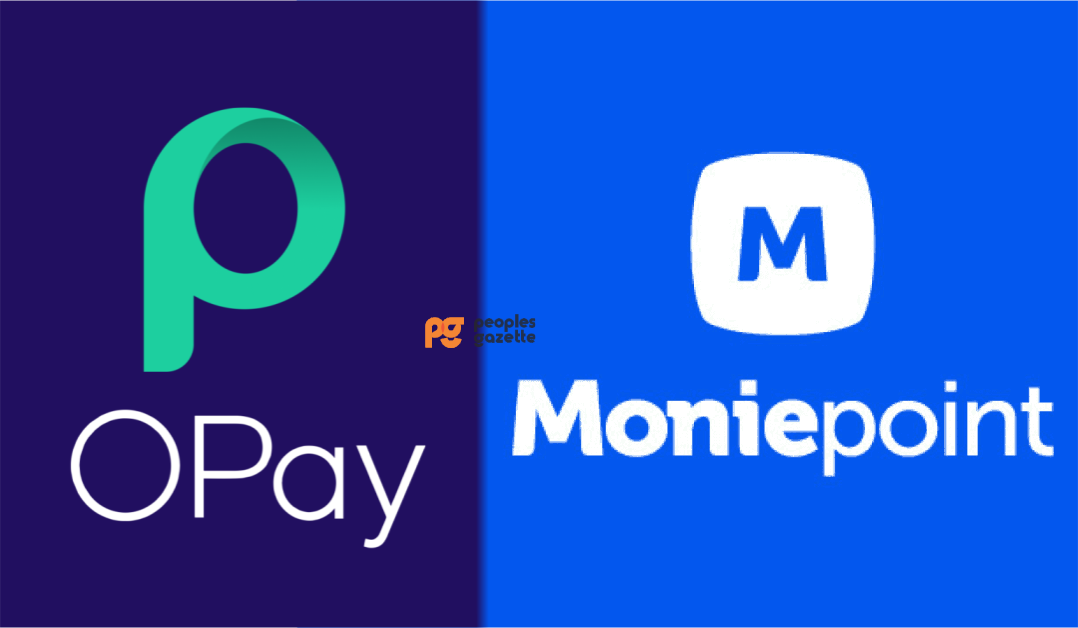In a move signaling increased scrutiny of Nigeria’s booming fintech sector, the Central Bank of Nigeria (CBN) has imposed a hefty fine of ₦1 billion each on two of the country’s most prominent fintech unicorns—Moniepoint and OPay—sources familiar with the matter revealed to TechCabal. The fines, levied in the second quarter of 2024, were part of an ongoing regulatory audit of the fintech industry, which has seen rapid growth in recent years.
The CBN’s fines are a result of compliance issues uncovered during the audit, which is a standard procedure for all financial institutions and banks under the central bank’s oversight. While these penalties have affected other fintech companies, Moniepoint and OPay have been the hardest hit, with the ₦1 billion fines being among the largest ever imposed on the sector. At least four other fintech companies were also penalized during this audit, although the exact details of their fines remain undisclosed.
The move is part of a broader strategy by the CBN to enforce stricter regulatory compliance within Nigeria’s fast-expanding fintech industry. The central bank has increasingly relied on financial penalties as a tool to compel companies to adhere to established rules. In 2023 alone, Nigerian banks collectively paid ₦678 million in fines. A further example of the CBN’s tough stance came in October 2024, when it, alongside the Securities and Exchange Commission (SEC), imposed a record ₦15 billion fine on ten major commercial banks for regulatory breaches.
Historically, Nigeria’s fintech sector has operated with relatively little interference from regulators, but as companies like OPay and Moniepoint have grown exponentially, they have attracted the attention of the CBN. OPay, which claims to have around 40 million users, and Moniepoint, which processed a staggering 5.2 billion transactions in 2023, have become giants in the industry, raising concerns about their regulatory frameworks.
One of the key areas of concern for the CBN is the licensing structure under which many fintech firms operate. Both OPay and Moniepoint currently function under microfinance bank licenses, a framework originally designed to support smaller enterprises. While this licensing model has allowed these fintechs to scale rapidly and serve millions of Nigerians, there are growing concerns that it is no longer adequate to ensure the protection of customers, according to sources close to the issue.
In addition to licensing, the CBN has also raised alarms over the fintechs’ compliance with Know Your Customer (KYC) regulations. In April 2024, the central bank took the drastic step of banning several fintechs, including Kuda Bank and Palmpay, from onboarding new customers for two months due to failures in adhering to KYC protocols. This ban prompted many fintechs to overhaul their onboarding processes and commit to improving their compliance with regulatory standards.
Despite the penalties, neither Moniepoint nor OPay has confirmed the details of the fines. A representative for OPay denied the claims in a statement to TechCabal, categorically refuting the allegations that the company had been fined ₦1 billion by the CBN for regulatory violations. “These claims are entirely false,” the statement read.
Moniepoint, for its part, declined to comment on the matter.
The CBN has yet to respond to requests for comments regarding the fines or the ongoing scrutiny of fintech firms operating in the country. As Nigeria’s fintech landscape continues to evolve, the central bank’s heightened regulatory activity marks a turning point for the industry, with more stringent oversight expected as these companies grow in size and influence.
